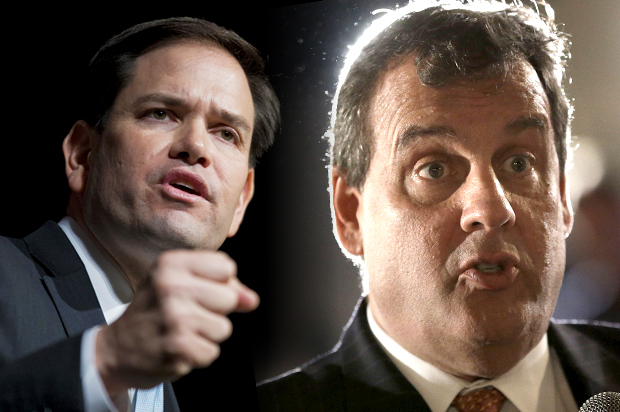The big news this morning for those following the “hey we’re all spiraling towards World War III” beat is the downing of a Russian fighter jet by the Turkish air force after it crossed into Turkey’s air space overnight. Russia’s intervention in the Syrian civil war threw an added layer of chaos and confusion into the conflict, given that Russia, while ostensibly targeting everyone’s shared enemy in the Islamic State, has also been striking rebel groups who oppose Syrian dictator Bashar al-Assad. Turkey, which backs anti-Assad rebels in Syria, has been warning Russia to stop encroaching on its airspace and cease conducting airstrikes on civilian populations nearby the Turkish border.
Last night, a Russian plane violated Turkish airspace after repeated warnings and was shot down by two Turkish F-16s. The Russian pilots ejected and, according initial reports, one was killed by militants on the ground in Syria while the other was captured. Turkey is defending its actions and an emergency meeting of NATO has been called to discuss the incident. Vladimir Putin said the loss of the plane is “linked with a stab in our back delivered by terrorism accomplices.” The chances for further escalation seem remote, but it’s a tense reminder of how dangerous it is to have so many powerful countries operating on different sides of a nasty proxy conflict.
As far as this incident pertains to U.S. politics, it should pose some difficult questions for the 2016 presidential candidates who favor deepened American involvement in the Syrian conflict and the establishment of a no-fly zone over Syria. This is position of most of the Republican presidential contenders, with Rand Paul, Ted Cruz, and Donald Trump being the only exceptions. On the Democratic side, Hillary Clinton backs the establishment of a Syrian no-fly zone, while Bernie Sanders and Martin O’Malley stand with the White House in rejecting the idea.
The reasons to oppose a no-fly zone were many and varied before Russia started its bombing campaign. But now that Russian planes are patrolling the skies over Syria, the establishment of a no-fly zone would put the United States in the position of having to potentially fire on Russian jets. Putin and his military commanders have already demonstrated that they’re willing to be reckless and provocative when it comes to violating the airspace of NATO countries. Putting American planes in the position of policing the skies over Syria increases the chances – either by deliberate provocation or horrible accident – of a shooting war breaking out between the United States and Russia. Turkey’s downing of a Russian aircraft demonstrates how real that possibility is.
Up to this point, there’s hasn’t been a ton of attention paid to the fact that so many would-be presidents are itching for the chance to potentially escalate the Syrian civil war into something much, much worse. Hillary Clinton was lightly challenged on this point at the Democratic debate in October, when O’Malley explained that a no-fly zone “could lead to an escalation because of an accident that we would deeply regret.” Rachel Maddow asked Clinton if she would shoot down a Russian jet that violated her no-fly zone, and she dodged the question as a “hypothetical,” going on to explain that imposing such a zone “doesn’t mean that you shoot at every aircraft that might violate it the first or second time.”
The Republicans have, predictably, been much more hawkish in their imagined showdown with Russia over Syrian airspace. Marco Rubio’s new plan for defeating the Islamic State calls for no-fly zones and “safe zones” in Syria as part of a broader effort to topple Assad, and he writes “I would oppose Russia and Iran in their fight to prolong Assad’s brutal regime.” CNBC’s John Harwood asked Rubio what he would do if Russia violated the no-fly zone, and Rubio expressed confidence that that would never happen because “I don’t think it’s in the Russians’ interest to engage in an armed conflict with the United States.” If it did happen, though, Rubio said “you’re going to have a problem, but that would be no different than any other adversary.”
Jeb Bush is similarly dismissive of the threat of escalation. “The argument is, well we’ll get into the conflict with Russia,” he told Charlie Rose last month, “maybe Russia shouldn’t want to be in conflict with us.” Chris Christie, in his gasbaggy way, said he’d set up the no-fly zone and then phone Putin to tell him “don’t test me.”
There’s a lot of bluster and muscle-flexing going on that, as the Turkish incident shows, could have potentially catastrophic consequences. It’s not enough for a candidate to just promise that everything will work out because they’ll be “strong” or show “resolve” or whatever vacant buzzword is masquerading for foreign policy these days. They’re actively courting a disaster.

